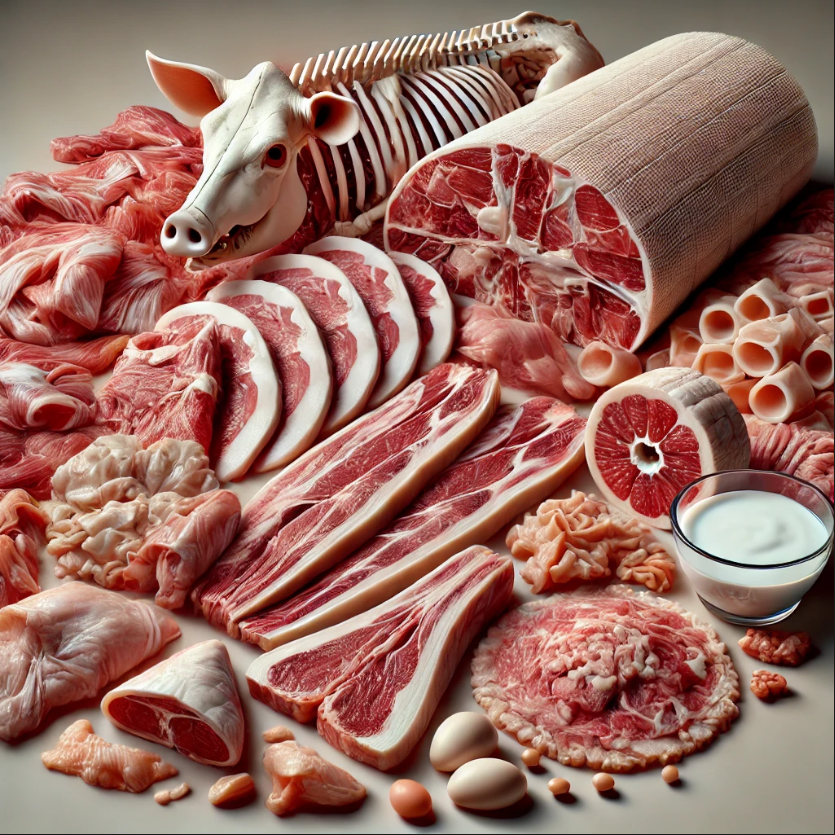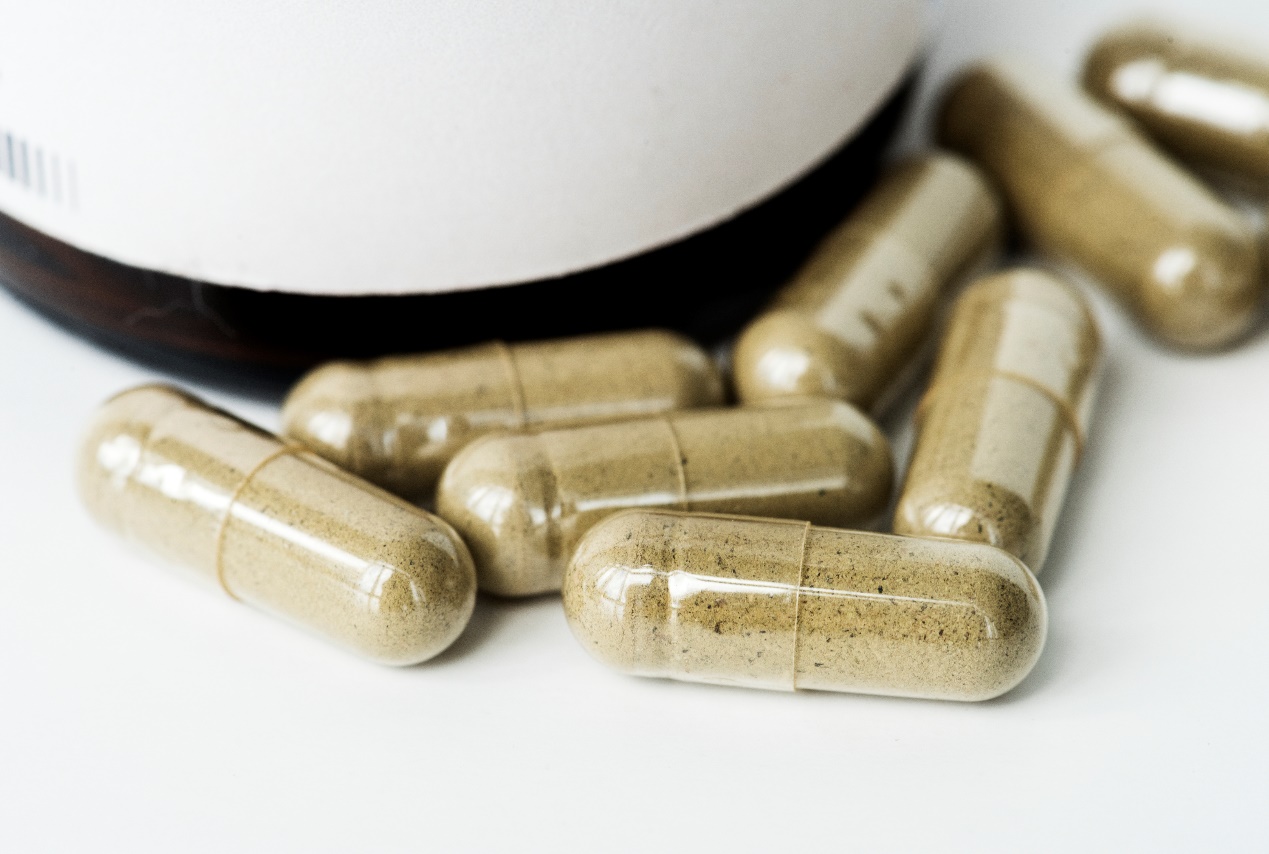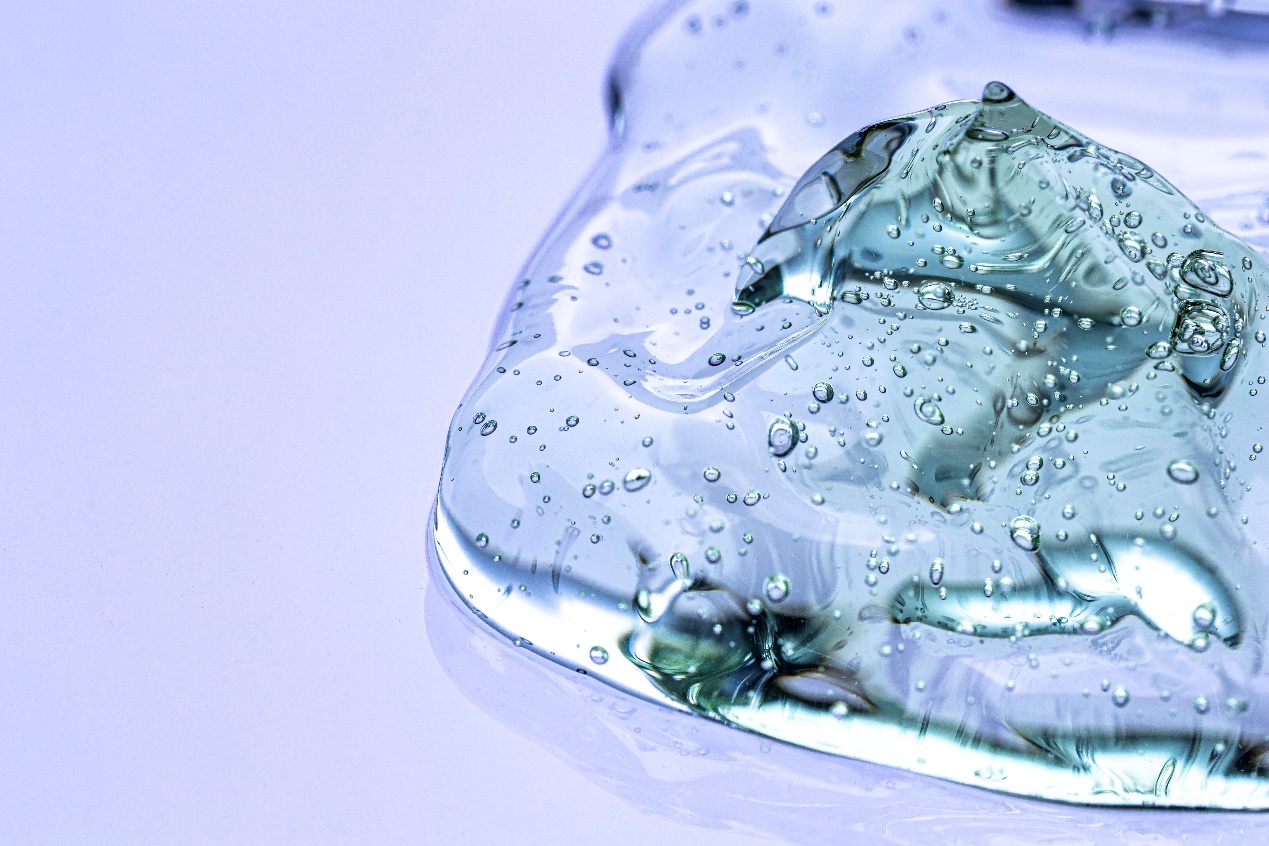-
July, 26,2025
Understanding the Role of Bloom Strength in Soft Gelatin Capsules
-
July, 25,2025
Bloom Strength and Its Impact on Hard Gelatin Capsules
-
July, 21,2025
How Gelatin Is Revolutionizing Pet Food: A Healthier Option for Dogs
-
June, 22,2025
Collagen as a Trusted Ingredient: Meeting Global Demand with Reliable Supply
Gelatin in Pharma: What It Is and Why It’s a Must-Have Ingredient
Gelatin plays a crucial role in the manufacture of medicines, as it has special qualities that make it a required part of the various drug delivery methods. The article examines what gelatin is, its application in the pharmaceutical industry, why it is necessary, and the factors to be considered while selecting gelatin for medicine.
What is Gelatin?
Gelatin is a protein product formed by the partial degradation of collagen in connective tissues such as animal skin, bone, fascia, tendon, etc. Its main component is collagen. After being treated by acid and alkaline hydrolysis methods, the protein molecular chain obtained has good biocompatibility and biodegradability.
Raw Material
The raw materials of gelatin mainly come from connective tissues such as skin, bone, and cartilage of animals. According to different sources, gelatin can be divided into two categories: bone gelatin and skin gelatin. Bone gelatin mainly comes from the bones of cattle and pigs, while skin gelatin mainly comes from pig skin, cow skin, etc. Among them, pig and cattle skin and bones are more common raw materials. The source of the raw materials will affect the characteristics of the final gelatin, thereby determining its function in various pharmaceutical applications.

Properties
Gelatin is valued for its unique properties:
-
· Thermo-reversible. The gelatin-based formula will form a gel after cooling and will melt when exposed to heat. This conversion can occur quickly and can be repeated without significant characteristic changes. The thermal reversibility of gelatin is one of its unique and important application properties, which also makes it play an important role in pharmaceutical and other fields.
-
· Water-binding. Gelatin has a significant affinity for water. Gelatin swells in water and can bind up to 10 times its weight in water. This property gives gelatin a wide range of applications.
-
· Gelling. The significant thickening ability of gelatin can help products achieve the desired texture, make the product softer or harder, and improve the viscosity and elasticity of the product.
-
· Stabilizing. The stability of the gelatin molecular structure forms a stable system during application, which can significantly extend the shelf life of the product.
-
· Film forming refers to the process of transforming a solution or dispersion into a film. A film is a thin, flexible, cohesive, and continuous dry or semi-dry layer created from a solution or dispersion. This property is particularly suitable for the production of capsules and microcapsules.
-
· Adhesion. Gelatin binds ingredients or components together, regardless of the application.
-
· Foaming. This process involves creating a large number of small bubbles in a liquid or solid, resulting in a stable porous structure. This property makes gelatin widely used in the food, pharmaceutical, detergent, and cosmetics industries.
These properties of formal gelatin make it widely used in many fields such as medicine, food, cosmetics, and so on.
Functions
In pharmaceuticals, gelatin's primary functions include:
-
1. Encapsulation: Gelatin is widely used in making both hard and soft capsules, which protect the active ingredients from environmental factors and ensure controlled release in the body.
-
2. Binding agent: In tablets, gelatin acts as a binding agent, helping to hold the tablet together and ensure uniform distribution of the active ingredient.
-
3. Stabilizer: Gelatin stabilizes emulsions and suspensions, ensuring that the active ingredients remain evenly distributed within the pharmaceutical product.
Gelatin in Pharmaceutical: Key Applications and Uses
Gelatin’s versatility makes it a crucial ingredient in various pharmaceutical applications. Its ability to form gels, films, and capsules is especially valuable.
Hard Capsules
Gelatin plays a key role in the production of hard capsules, which are used to encase powdered or granulated medications. The gelatin shell is strong yet flexible, dissolving quickly in the stomach to release the active ingredients. Additionally, gelatin creates a barrier against moisture and oxygen, which helps maintain the drug's stability and potency over time.

Soft Gels
Soft gelatin capsules, or soft gels, are widely used to deliver oils, vitamins, and other liquid-based formulations. The flexibility and durability of gelatin make it ideal for soft gel production, providing an effective barrier against oxygen and moisture, which helps to prolong the shelf life of the encapsulated product.
Tablets
Gelatin also plays a critical role in tablet production. It acts as a binder, ensuring that the ingredients stay together during manufacturing, transport, and storage. Additionally, gelatin’s film-forming ability provides a protective coating around the tablet. This coating enhances the tablet’s appearance, taste, and stability, making it easier to swallow and more resistant to external factors that could degrade the active ingredients.
Specialty Pharma
In specialty pharmaceuticals, gelatin is used in more advanced applications such as controlled-release formulations, where it helps modulate the release of the drug over time. Gelatin’s ability to form films and its thermoreversibility are crucial in these complex formulations.
Why Gelatin is a 'Must' in Pharmaceutical Applications
For the pharmaceutical industry, gelatin can meet the needs of manufacturers and consumers to the greatest extent, which is specifically reflected in the following points.
Thermoreversibility of gelatin is very practical in pharmaceutical manufacturing. After the capsule is filled with active ingredients, gelatin can be effectively sealed, thereby isolating the impact of pollution in the external environment on the active ingredients to the greatest extent; at the same time, due to good thermal reversibility, gelatin forms a stable gel structure after cooling, which greatly improves the stability and safety of the drug.
Film-forming and Viscosity properties. Gelatin has good film-forming and Viscosity properties, which makes it widely used in pharmaceutical preparations. For example, gelatin can be used as the shell of soft capsules and fillers of hard capsules, as well as plasticizers for tablets and sugar coatings. It can effectively enhance the adhesion between different ingredients in tablet preparation.
Wide solubility and stability. Gelatin’s solubility in different temperatures and solutions allows pharmaceutical companies to flexibly design and develop a variety of pharmaceutical preparations. For example, gelatin can dissolve in a mixture of hot water, glycerol, and water, enabling its use in manufacturing different drug forms such as soft capsules, microspheres, and controlled-release tablets.
Bioadhesive materials. Gelatin, as a bioadhesive material, can improve the residence time of drugs at the absorption site, enhance the adhesion of drugs at these sites, and prolong the contact time between drugs and absorption sites. This means that drugs have more time to be absorbed, reducing the risk of drugs losing their effect due to premature excretion or degradation. At the same time, more active ingredients of drugs are absorbed, thereby improving bioavailability.
Controlled drug release system. Gelatin is widely used in drug encapsulation and controlled-release systems in pharmaceuticals. Due to its natural colloidal properties, gelatin can encapsulate drugs and release them gradually in the body, thereby extending the drug's action time and providing a more stable therapeutic effect. In the preparation of drug microspheres, mixing gelatin with drugs in specific proportions can influence the release performance of the microspheres, controlling the release and dissolution of the drugs to some extent.
Biocompatibility. The good biocompatibility of gelatin means that it is compatible with human tissues and does not cause significant immune responses or toxicity. This allows gelatin to be safely used in various drug delivery systems, such as injections, implants, and microspheres, reducing the risk of adverse reactions or complications caused by drugs.
Funingpu Gelatin's products excel in these areas, offering pharmaceutical companies the assurance that they are using the highest-quality gelatin available on the market.
Key Considerations for Choosing Pharmaceutical Gelatin
When selecting gelatin for pharmaceutical use, several factors must be considered to ensure it meets the specific requirements of the application.
Gelatin Type
Different types of gelatin are derived from various sources and through different processing methods, resulting in varying properties. Choosing the right type of gelatin—whether bovine, porcine, or fish—is crucial depending on the intended application and any dietary or religious considerations.
Source and Purity
High-purity gelatin is essential to avoid contaminants that could affect the stability and efficacy of the final product. Funingpu ensures that its gelatin is sourced from the highest quality materials, meeting all necessary regulatory standards.
Gel Strength and Viscosity
Gel strength and viscosity are critical parameters in pharmaceutical gelatin. The gel strength affects the firmness of the final product, while viscosity influences the processing characteristics, such as how easily the gelatin can be molded or encapsulated.

Supplier Reputation
Choosing a reputable supplier is critical to ensuring consistent quality and supply. Funingpu has built a reputation for delivering top-quality gelatin products backed by a stringent quality control process.
Regulatory Requirements
Pharmaceutical gelatin must comply with stringent regulatory requirements to ensure it is safe for use in medicines. These requirements vary by region and application, so it's important to choose a gelatin that meets all relevant standards.
Final Thoughts
Gelatin's unique properties and versatility make it a 'must' in the pharmaceutical industry. From capsules to tablets, its role is indispensable in ensuring effective and safe drug delivery. As research continues, gelatin's applications in pharma will only expand, solidifying its position as a key ingredient in medicine.
FAQ
1. Is gelatin safe for use in pharmaceuticals?
Yes, gelatin is safe for use in pharmaceuticals when sourced from reputable suppliers and processed according to regulatory standards. It is widely used in drug delivery systems and has a long history of safe use.
2. What are the main sources of pharmaceutical gelatin?
Pharmaceutical gelatin is primarily derived from bovine, porcine, and fish sources. The choice of source depends on the specific application and any dietary or religious requirements.
3. Can gelatin be used in vegetarian or vegan pharmaceuticals?
Traditional gelatin is animal-derived, but there are alternative plant-based gels like agar or pectin that can be used in vegetarian or vegan pharmaceuticals, though they may not replicate all the properties of gelatin.
4. Why is gelatin used in capsule production?
Gelatin is used in capsule production because of its film-forming capacity, thermoreversibility, and ability to protect active ingredients from environmental factors like oxygen and moisture.
5. How does gelatin contribute to the stability of pharmaceuticals?
Gelatin contributes to the stability of pharmaceuticals by forming a protective barrier that shields active ingredients from light, oxygen, contamination, and microbial growth, ensuring the drug's efficacy is maintained over time.
Phone: +86-577-88105990
Mobile: +86-138 5886 1938
Official Website: www.fnp-gelatin.com
Email: sales@funingpu.com
Address: No. 1-10 Wenpu Road, Yacheng Town, Xiapu County, Ningde City, Fujian Province




